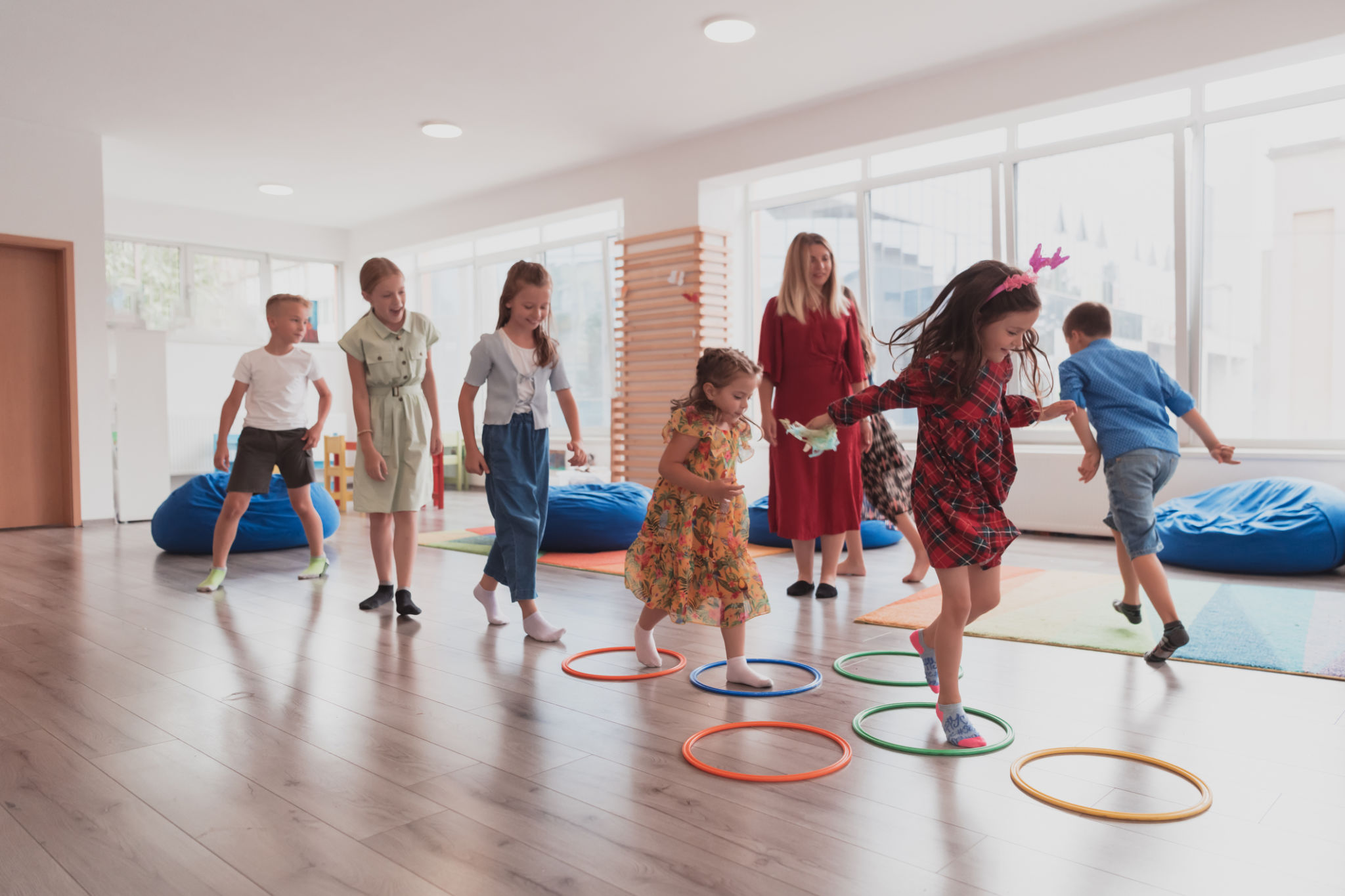The Truth About Play-Based Learning: Essential for Child Development
Understanding Play-Based Learning
Play-based learning is an educational approach that emphasizes the importance of play in a child’s development. Unlike traditional methods that focus on structured activities and rote memorization, play-based learning allows children to explore, experiment, and discover at their own pace. This method nurtures a child’s natural curiosity and fosters a love for learning that can last a lifetime.
Research has shown that play is not just about having fun; it is a crucial component of cognitive, social, and emotional development. Through play, children develop essential skills such as problem-solving, critical thinking, and creativity. These skills are foundational for academic success and lifelong learning.

The Benefits of Play-Based Learning
One of the primary benefits of play-based learning is that it supports holistic development. This approach addresses various aspects of a child's growth, including physical, social, emotional, and intellectual development. By engaging in play, children enhance their motor skills, learn to collaborate with peers, express emotions, and build resilience.
Additionally, play-based learning can be particularly effective in promoting language development. As children interact with their peers and educators during play, they naturally expand their vocabulary and improve communication skills. This interactive environment encourages children to articulate thoughts, negotiate roles, and share ideas.

The Role of Educators in Play-Based Learning
Educators play a crucial role in facilitating play-based learning. They create an environment that encourages exploration and discovery while providing guidance and support. Teachers observe children during play to understand their interests and needs, allowing them to tailor activities that are both engaging and educational.
In a play-based setting, educators act as facilitators rather than directors. They provide materials and resources that stimulate curiosity and encourage children to ask questions and seek solutions. This approach helps children develop a sense of autonomy and confidence in their abilities.

Incorporating Play into Everyday Learning
Integrating play into everyday learning does not require a complete overhaul of existing educational practices. Simple adjustments can make a significant difference. For example, incorporating games, role-play, and hands-on activities into lessons can transform learning experiences from passive to interactive.
Parents and caregivers can also support play-based learning at home by encouraging imaginative play and providing opportunities for children to explore their surroundings. Whether it’s building with blocks, playing dress-up, or creating art, these activities can enhance a child's learning journey.
The Long-Term Impact of Play-Based Learning
The benefits of play-based learning extend beyond early childhood education. Children who experience this approach often develop a strong foundation for lifelong learning. They tend to be more adaptable, creative, and capable of handling complex problems as they grow older.
Moreover, by fostering a positive attitude towards learning from an early age, play-based education helps children become enthusiastic learners who are eager to explore the world around them. This enthusiasm can lead to greater academic achievements and personal satisfaction in the future.

Conclusion
In conclusion, play-based learning is an essential component of child development that supports cognitive, social, and emotional growth. By embracing this approach, educators and parents can help children develop the skills they need to succeed academically and in life. As we continue to recognize the value of play in education, it becomes increasingly clear that play-based learning is not just beneficial but essential for nurturing well-rounded individuals.